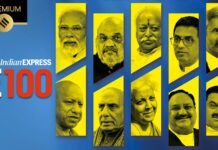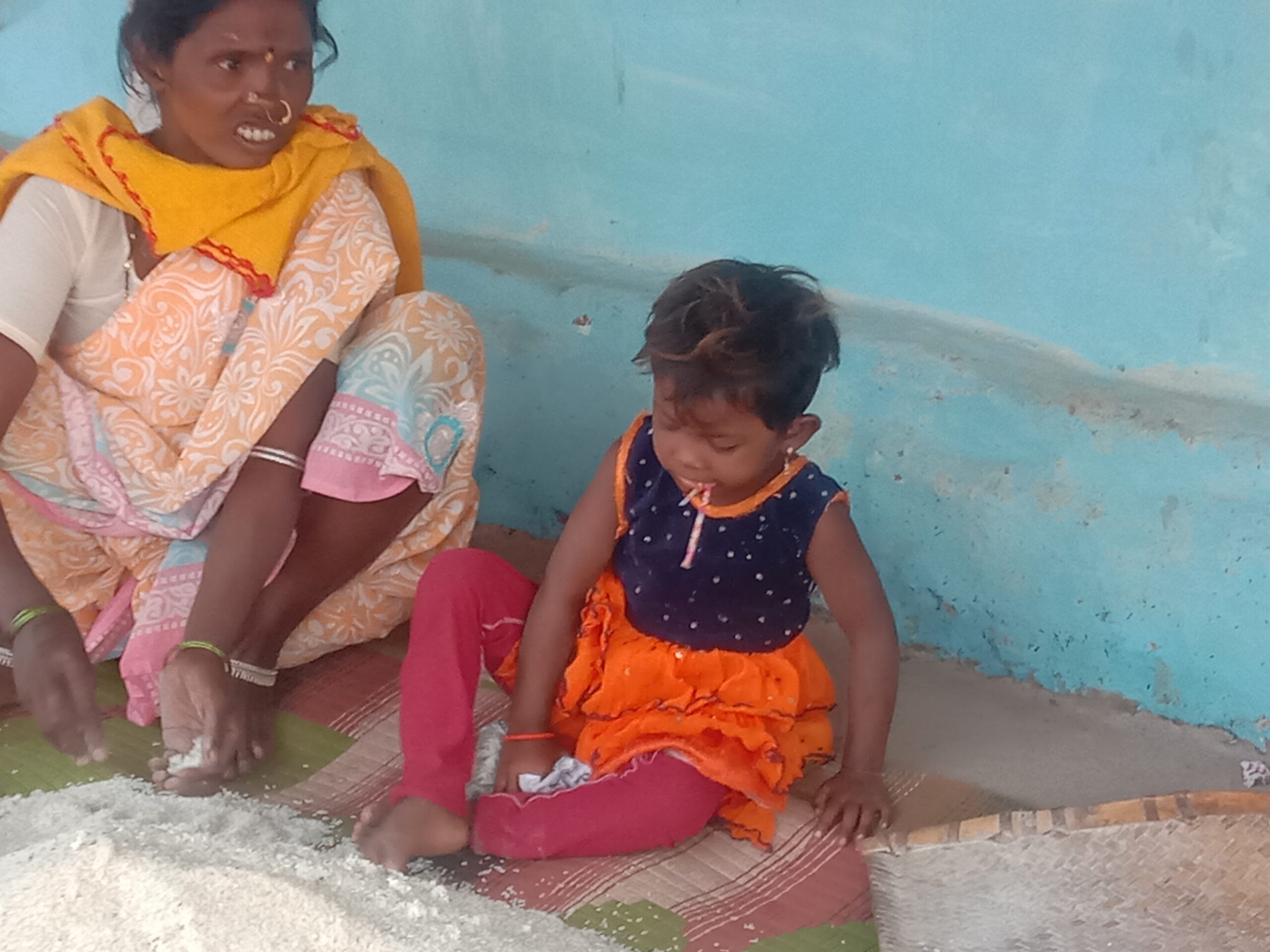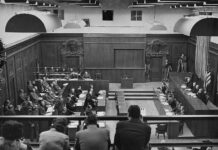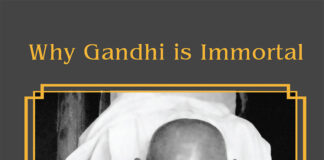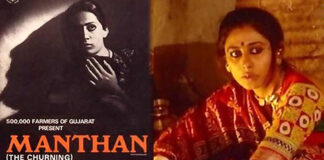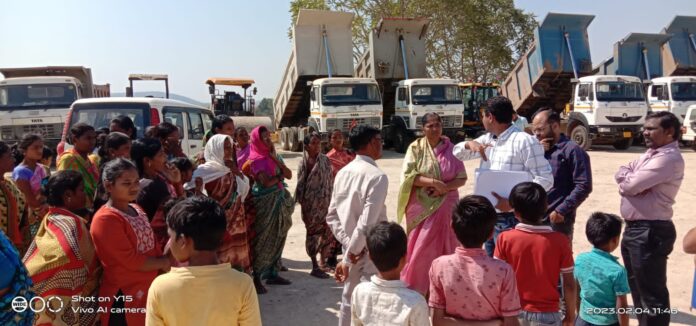
The Vocabulary of Protest

The vocabulary of people during a protest is very different from their ordinary speech. The anger and indignation are spontaneously expressed in powerful language and the arguments come out with immense force. I have seen this happen several times during the protests organised by Shramik Elgar. Let me share three instances that are most clearly etched in my mind.
Many years ago, perhaps in 2006 or 2007 we organised a morcha of women to demand for a raise in the widow and old age pensions and also to seek amendments in the eligibility criteria for these pensions. Those days the pension was a meagre amount of a few hundred rupees and the government had very stringent criteria for beneficiaries. The two criteria which women found most unjust were firstly that the woman had to be totally landless and secondly she should not have a child above 18 years of age. Now, a widow or a woman living alone in rural areas may have a tiny piece of land in her name but the possession is rarely with her. She has to make a living through wage labour while her brother or brother-in-law or other male members farm the land.
Our morcha went from Chandrapur to Nagpur when the state assembly was in session. There were hundreds of women and we insisted on meeting the Chief Minister – Sushil Kumar Shinde. Although some junior ministers addressed the morcha, the women insisted on meeting the CM. It was quite late when our delegation was called in. One of the the women in the delegation was Sunitabai Sakhre. Partially blind, she was nevertheless a spirited leader and very active in the Sanghatana.
When we sat across the table and started talking to the CM, it was quite clear that he did not take us seriously at all. He was very polite and tried to give some nice assurances. At one point Sunitabai spoke out, “How old are your children? And how much land do you have?”
The CM was quite taken aback. Then Sunitabai continued, “All ministers, MLAs and MPs get fat pensions from the government. Nobody asks them how much property they have and how old their children are. But when it comes to poor women, you tell us that even if we have ek kudva don kuda land we cannot get pension. And you want our eighteen year old daughters to stop studying and start working to maintain the house. Your eighteen year old sons and daughters can study and become ministers but our children should go for majoori.”
I shall never forget the faces of the people in that room. Later the GR was changed and instead of land, an income criteria was inserted. The provision regarding children was also amended.
The second incident took place in Juni Berdi, a village of Adivasis marked to be submerged in the Bhendala Irrigation Project. For the last several years the people of the village are struggling for rehabilitation. They have agitated several times, stopped the work at the dam site, petitioned the High court, and yet the village has not been shifted to the rehabilitation site till date. The life of the Adivasis have become hell, as the work on the dam site continues with massive machinery and work force all around them. I was witness to their fury as they verbally attacked the irrigation department officials for their negligence and apathy. Where was the rehabilitation? When would the rehabilitation site become habitable?
One of the major problems that the people were facing that farming had become impossible because of the constant plying of the machines and the huge overburden dumps that were piled up all around. Some of the dumps were piled on the tracks that led to the agricultural fields in such a way that the way of the farmers was blocked. They could not reach their fields. There was great discontent amongst the people and tempers were high.
Suresh Todase, an Adivasi who had served in the army and recently retired told the officers, “You have blocked our way and I cannot reach my fields.”
“Why don’t you go from the other side?” suggested one officer.
“On this side is West Bengal and on that side is Tripura. Bengalis live in both state but they have to go all around Bangladesh to meet each other,” Suresh replied.
It was a unique reply that nobody had expected in that village, in those circumstances.
The third instance happened last year in Chincholi village where the forest department had tortured several youths on the suspicion of their being involved in wildlife poaching. No offence had been registered against the youths but they had been beaten black and blue and the department had applied electric shocks to their private parts. The whole village was seething with anger at this injustice. When I went to the village there was a team of officials trying to pacify the furious villagers who had all gathered at the chowk.
There was great commotion as everyone was talking at once. Suddenly a loud clear voice spoke out, “What you have done to us is what the police officers did to George Floyd. Your knees are on our necks.”
ln that crowd I could not make out who had spoken out but the words and the intense tone remained etched in my memory. That sentence was not only a powerful calling out of the erring officers but it connected to the pain of victims of senseless state violence across the world.
- Paromita Goswami
